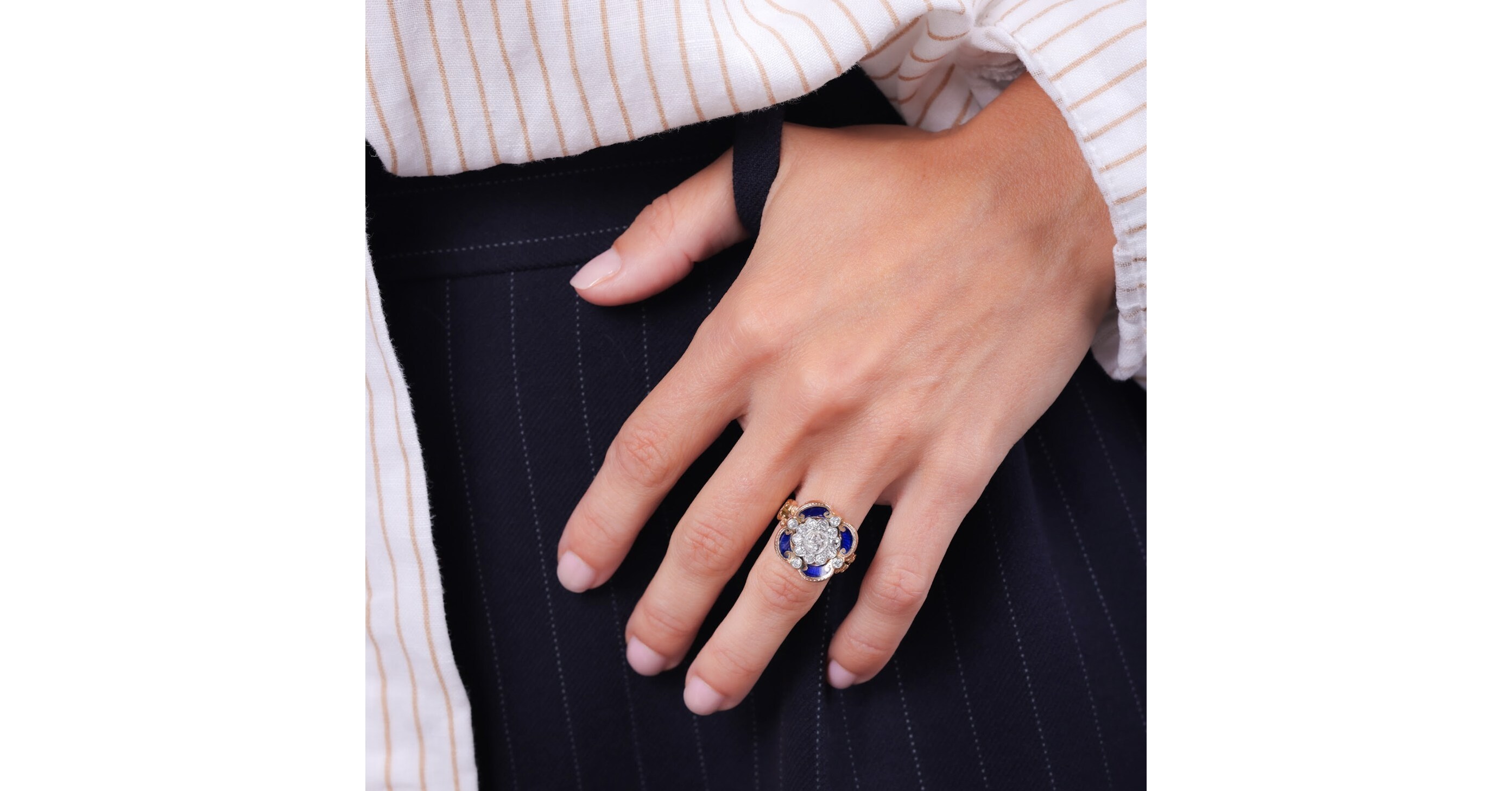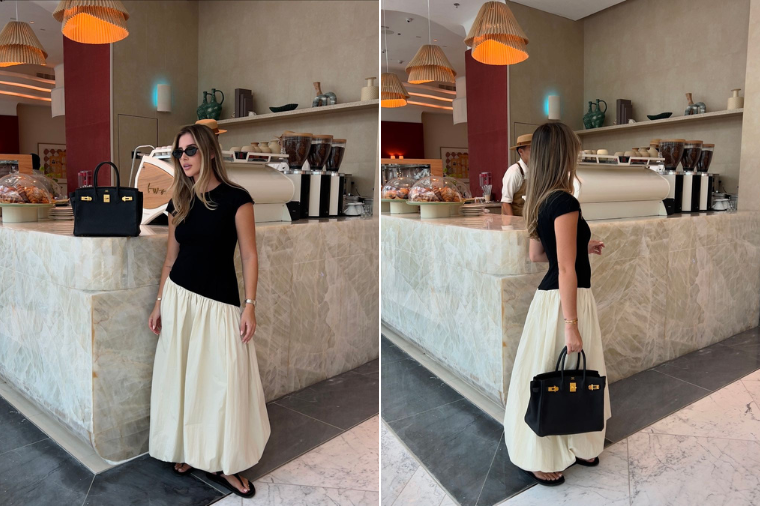The tradition of having a cocktail before dinner is going strong these days. It’s a chance to unwind, relax before eating and help everyone settle into an evening of good food and conversation. But if you really want to have the best possible experience, be intentional about the cocktails you choose.
Some types of liquor can have a negative effect on the sensitivity of your palate, to the point where a drink or two before dinner might impact the taste of your food or the type of wine that will go best with your meal. We talked to experts to learn about cocktails’ effect on your taste buds, as well as to get their advice about smarter predinner sipping. And, if you have pregamed a bit, they told us which wines might be your best choices when it’s time to eat.
The Hard Truth About Hard Liquor “Hard liquor” refers to alcoholic beverages that are distilled, like vodka, whiskey, rum, bourbon and scotch. They have a high alcohol content — often around 40% to 50% alcohol by volume. These contrast with fermented alcoholic drinks, like wine, beer, cider and sake, which often have a lower ABV of 15% or less.
That higher ABV in hard liquor can cause a loss of sensation in your palate — a term for the roof of your mouth specifically, but also for your sense of taste. “Because it blocks the proteins needed to create saliva in your mouth, hard liquor can dehydrate the cell walls of your palate,” said Cody Bridges , a restaurant operations manager and resort sommelier at M.


















